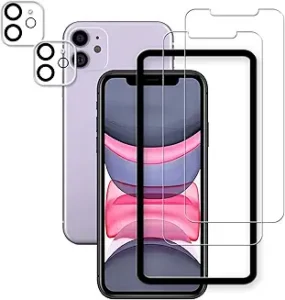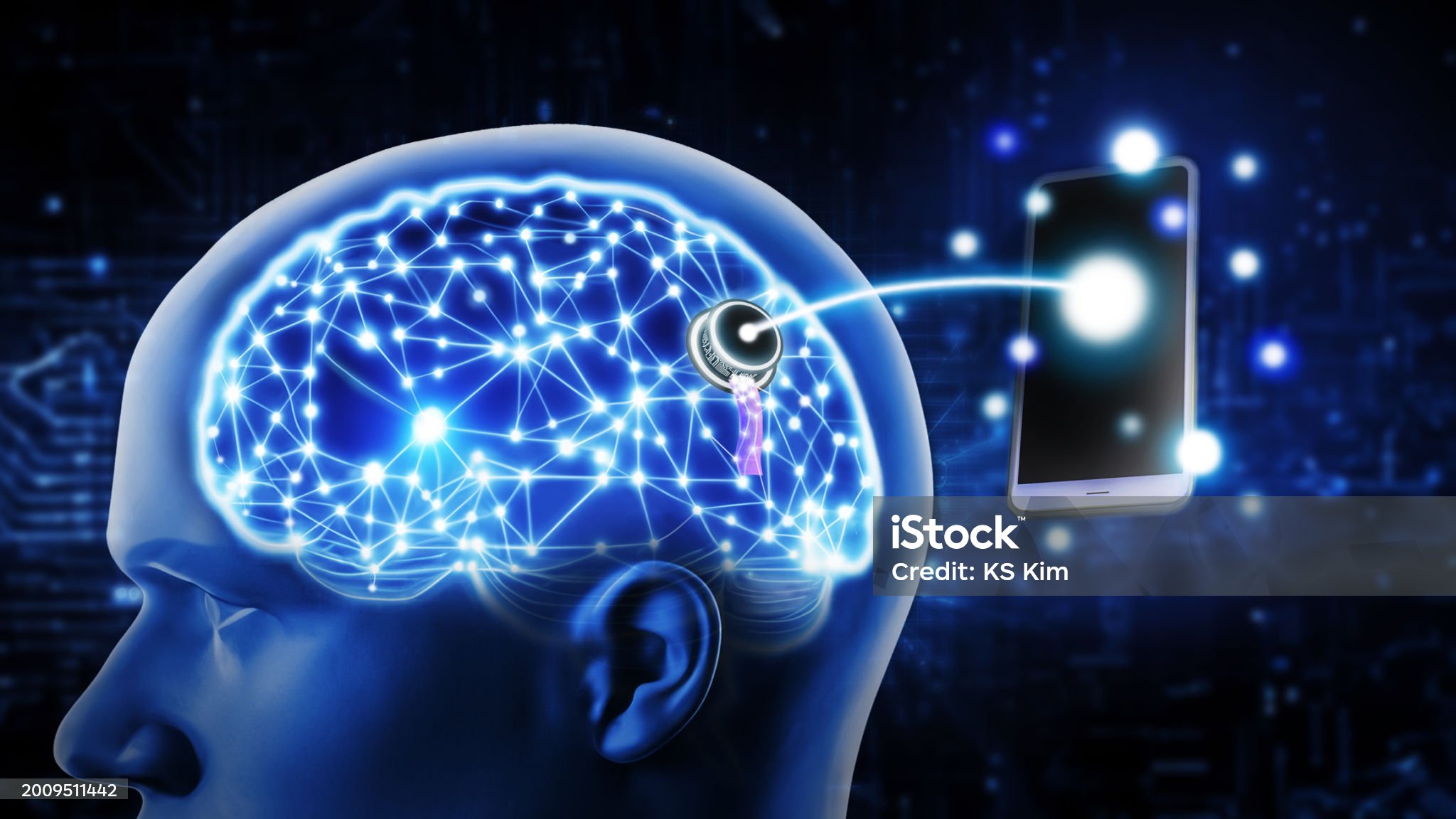
1. Brain-Computer Interfaces (BCIs)
- What it is: BCIs are devices that enable direct communication between the brain and external devices, allowing users to control machines with their thoughts. They can be used for various applications, from controlling a prosthetic limb to enhancing cognitive abilities.
- Future Impact: BCIs could revolutionize medicine by helping individuals with disabilities, such as paralysis, to regain mobility and communication. They also hold potential in gaming, education, and even enhancing human cognitive abilities.

2. Quantum Computers
- What it is: Quantum computers leverage the principles of quantum mechanics to process information at speeds far beyond traditional computers. They use quantum bits (qubits), which can represent multiple states simultaneously.
- Future Impact: Quantum computers could solve problems that are currently impossible for classical computers, such as simulating complex molecules for drug discovery, optimizing logistics, or enhancing encryption.
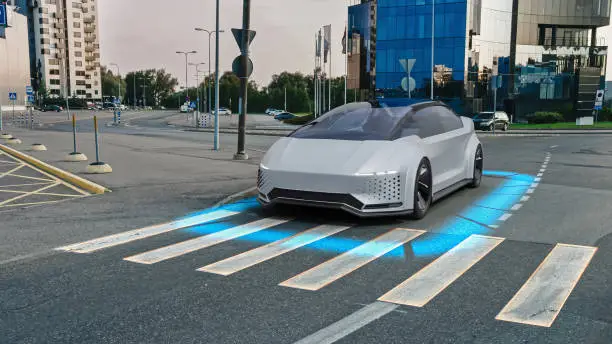
3. Self-Driving Cars
- What it is: Autonomous vehicles are cars that can drive themselves without human intervention, using sensors, cameras, AI, and machine learning to navigate roads and avoid obstacles.
- Future Impact: These cars promise to drastically reduce traffic accidents caused by human error, lower transportation costs, improve traffic flow, and free up time for passengers to focus on other activities.

4. Augmented Reality (AR) Glasses
- What it is: AR glasses are wearable devices that overlay digital information, such as images or text, onto the real world. This can include navigation, real-time translations, or visual enhancements in a user’s environment.
- Future Impact: AR glasses could transform industries such as healthcare, education, and entertainment by providing hands-free access to vital information. They could also improve workplace productivity and enhance gaming and shopping experiences.

5. Personalized Medicine
- What it is: Personalized medicine involves tailoring medical treatments to an individual’s genetic makeup. It uses data from genetic tests to customize drugs and therapies for more effective treatment with fewer side effects.
- Future Impact: With personalized medicine, treatments will be more precise, improving outcomes for patients with chronic diseases, cancer, or genetic conditions. It could lead to a significant shift in how we approach healthcare.
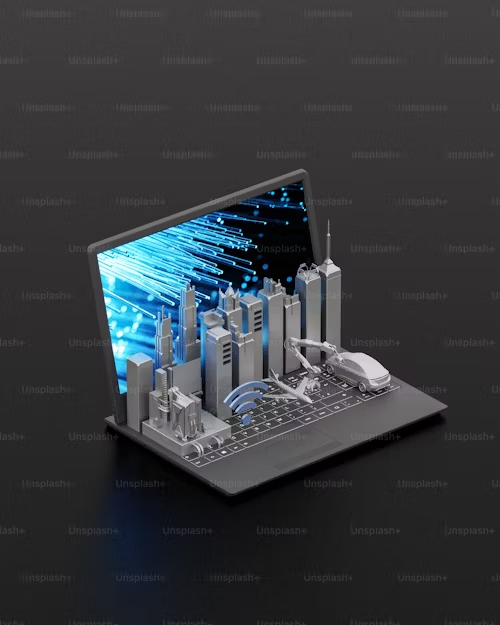
6. Smart Cities
- What it is: A smart city is an urban area that uses digital technology and IoT (Internet of Things) to manage and improve services, such as transportation, energy use, healthcare, and security.
- Future Impact: Smart cities will optimize resource use, reduce pollution, and improve quality of life by making services more efficient and accessible. They will also enhance public safety through smart surveillance systems and improve traffic flow.

7. 3D Printed Organs
- What it is: 3D printing technology could be used to create fully functional human organs using bio-inks that mimic human tissue. This would solve the critical problem of organ shortages.
- Future Impact: The ability to print organs on demand would save countless lives, reduce the risk of organ rejection, and make organ transplantation more accessible. It could also reduce waiting lists and dependence on donors.

8. Fusion Energy
- What it is: Fusion energy is the process of harnessing the power of nuclear fusion, the same reaction that powers the sun. It involves combining light atoms like hydrogen to release vast amounts of energy.
- Future Impact: Fusion power would provide a limitless and clean energy source with no carbon emissions, drastically reducing global dependence on fossil fuels and mitigating climate change.
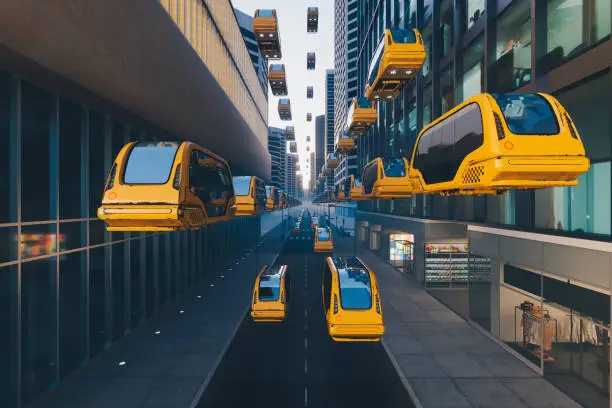
9. Flying Cars
- What it is: Flying cars are personal vehicles that can travel both on the ground and in the air. They are equipped with vertical take-off and landing (VTOL) technology, similar to drones, which allow them to operate in urban environments.
- Future Impact: Flying cars will revolutionize transportation, allowing people to bypass congested roads and reach destinations more quickly. They could help reduce traffic jams, pollution, and commuting times.

10. Space Tourism
- What it is: Space tourism refers to private individuals traveling into space for leisure. This industry is rapidly developing, with companies like SpaceX, Blue Origin, and Virgin Galactic leading the way.
- Future Impact: Space tourism could open up space exploration to the public, offer unique vacation experiences, and potentially pave the way for human colonization of other planets. It could also drive technological advancements in space travel and sustainability.
LINKS:
STORE_LINK_ https://heylink.me/TECH.FUSION.FUN
Our Linkedin_ https://www.linkedin.com/in/hamza-rao-63584a33a
OUR INSTA: https://www.instagram.com/tech.store918
FACEBOOK_LINK_ https://www.facebook.com/profile.php?id=61566340649809







